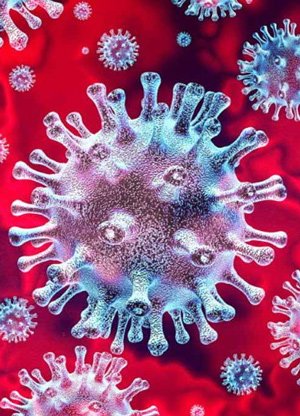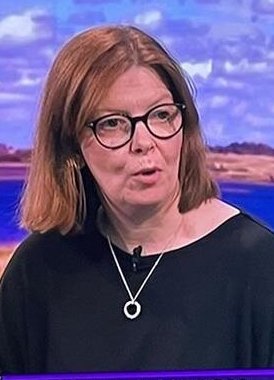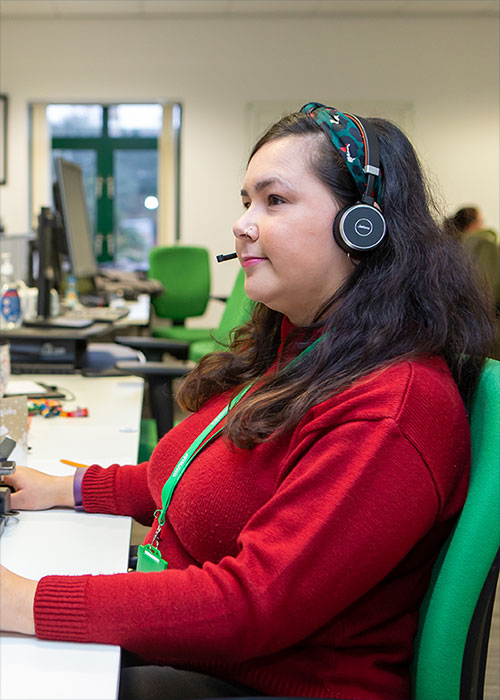
GPs are used to being in the news, for better or worse. Here, GP Frontline delves behind the headlines with the three leading health journalists from the trade press
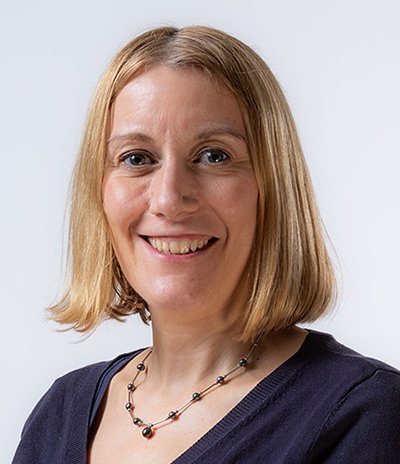
Emma Bower has been Editor of GPonline (previously GP newspaper) and GP Business for over 15 years; Gareth Iacobucci has worked for the BMJ for 10 years, and prior to that at Pulse for five, and Jaimie Kaffash has worked for Pulse for more than 10 years, the last five as Editor.
Between them, they have about 45 years of experience of covering general practice.
Whilst the three work for rival publications, one thing they have in common is that they see themselves as ‘advocates’ for the profession.
"As well as reporting news, we want to be champions for general practice," says Emma, "we're talking to GPs and people who work alongside them every day, we recognise how hard they work. We understand things from their perspective."
"GPs get a hard press," adds Jaimie, “what isn’t necessarily taken on board by the wider media is that GPs are advocates for patients…so we consider ourselves advocates for GPs.” He says it’s different to previous jobs he's had, where the trade press is more often seen as a critical friend of the profession they cover.
He says they ‘had to be’ advocates during the pandemic given the criticism GPs faced around new ways of working that were imposed on them during Covid to help stop the spread of infection and keep patients and staff safe.
The stance set Pulse against some of the mainstream press, especially when a front cover story highlighted how unfair the media was being to GPs. The Mail on Sunday referred to 'rabble-rousing Pulse magazine', something Jaimie laughs off as 'a source of pride'.
…what isn’t necessarily taken on board by the wider media is that GPs are advocates for patients…so we consider ourselves advocates for GPs.
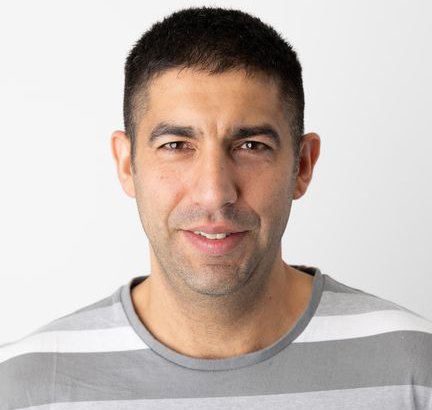
Emma too recounts how GPonline defended the profession against ‘destructive’ criticism during the pandemic, something she believes has led to increasing reports of abuse towards GP staff by patients.
“We tried to provide a different perspective on those stories, to give the point of view of GPs,” she explains, “you can cut data however you want to get a story from it and there’s a nuance, I guess you’ll never get in the Mail or the Telegraph, but we try and put that side across.”
She cites the publication of practice-level data - something the RCGP has spoken out strongly against - announced by former Health Secretary Sajid Javid and then implemented by his successor Therese Coffey, which was used by some media outlets to create league tables that ‘named and shamed’ individual practices.
“The data shouldn’t be used in that way, it doesn’t distinguish people who’ve booked ahead on purpose, for instance. These stories miss that overall general practice is delivering more appointments every day than before the pandemic.”
Gareth, in his role at the BMJ, which caters for a wider medical audience, says his editors recognise GPs are a huge part of their readership, and whilst he admits they're 'not afraid' to publish stories that are critical of doctors where appropriate, he sees the publication as 'advocates for the profession, indeed all professionals that read us'.
He thinks GPs ‘were hung out to dry’ regarding access to in-person care given they were “still delivering all sorts of different types of appointment, a mixture of virtual and face to face…which lots of patients are receptive to.”
Most of the time our job is scrutinising Government, scrutinising the NHS, but at that time it felt like more of a service, getting the information out there.
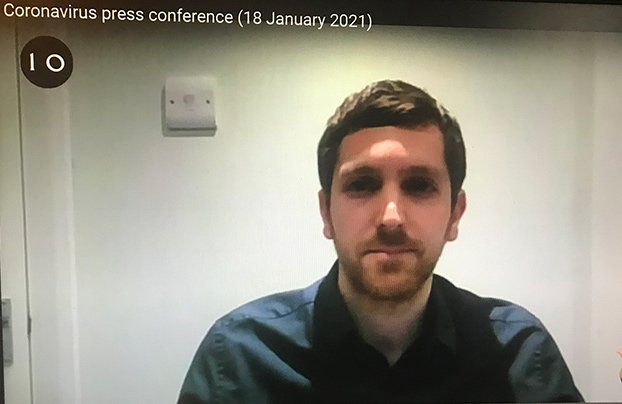
Despite the additional pressure, Gareth says: “I can't think I will ever experience anything like it in my career…we were right at the centre of it. It was hard to separate work from home, [but] it was, in a perverse way, quite exhilarating…doing something important and useful at a time when there was so much uncertainty."
“I just felt for a long time that I lived, slept and ate Covid,” agrees Emma. For her, the uncertainty was the big challenge. “We cover clinical studies that are going to have an impact on GPs but [usually] they will have been peer-reviewed…whereas they were rushing out this research, it was quite difficult, things were marked as ‘pre-print’ and we were covering things direct from drug companies, which we would never do, but there was so much interest we couldn’t help but write about it.”
"Being health journalists, we were at the bottom of the chain when it came to stress, but we were suffering as well, so I can't even imagine what the actual frontline workers were going through," said Jaimie.
Nevertheless, despite the ‘sheer abundance of changes’ being hard to keep up with, he says it was a ‘rewarding’ time. “Most of the time our job is scrutinising Government, scrutinising the NHS, but at that time it felt like more of a service, getting the information out there,” he says.
It was certainly a different way of working than they were all used to – and Jaimie says it’s only just getting back to normal. But ‘normal’ now is very different to ‘normal’ when the three journalists started on the GP beat.
Being health journalists, we were at the bottom of the chain when it came to stress, but we were suffering as well, so I can't even imagine what the actual frontline workers were going through.
GPonline – celebrating its 60th anniversary this year - has a staff of four whereas when Emma started, it was a weekly newspaper with a ‘massive’ editorial team. GPonline is also exploring different ways of getting their content out to their readers – or listeners – and has launched a successful podcast, Talking General Practice, offering longer form interviews with GPs and others working in and with primary care. Their interview with RCGP Chair Kamila Hawthorne ahead of the College’s Annual Conference in Glasgow this year has proved particularly popular.
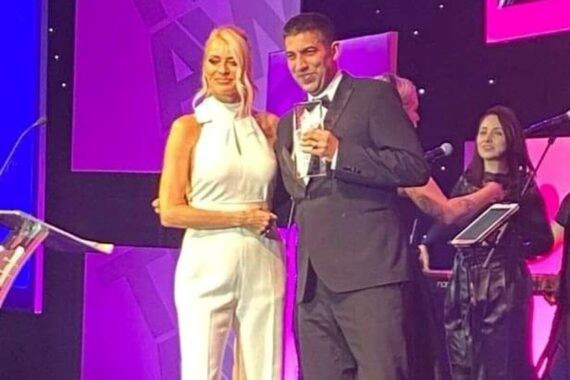
Pulse moves online in the new year and is regularly nominated for – and wins – industry awards, including for Jaimie himself as Best Editor at both the PPA and British Society of Magazine Editors awards (for coverage during the pandemic) over the last couple of years.
A major difference Jaimie made on becoming editor was to overhaul Pulse’s infamous comments section - oft-likened to MailOnline’s – by removing anonymity and requiring a GMC number in order to post.
“We became synonymous with it, it became problematic, it wasn’t leading to good debate,” explains Jaimie. “We had columnists getting quite rightly upset about the comments, it was quite vitriolic. Now there’s nothing wrong with criticising a columnist and what they’ve written, but it was the personal attacks. We don’t get that so much any more…we don’t get seen as this vile, tabloid type thing. We don’t want to be seen in that way. And we do see better debate.”
The BMJ bucks the trend. It still produces a weekly journal with Gareth, who is Assistant News Editor, and his team filling seven news pages each week, but stories go on the website first, and many are online only, particularly those for a more international audience.
One thing that hasn't changed is that general practice is under pressure. Jaimie describes looking at early issues around the time of Pulse's 60th anniversary in 2020. “Everything they were talking about then, we’re still talking about now,” he says, recognising that even during his tenure at Pulse whilst the micro-issues have changed – from a lack of partnerships to a lack of partners, for example – the macro-issue remains a profession dealing with workforce and workload struggles.
Given that part of the role of the trade press is to scrutinise organisations, such as the RCGP, there are times when GP leaders and the publications might not ‘see eye to eye’. The College has found itself in the situation of having to justify itself to the trades on many occasions, but Kamila Hawthorne, College Chair, sees it as a positive thing overall:
“GPs are too often unfairly under attack, and as a College we can only do so much to defend them. The GP and wider medical press are vital in telling the GPs’ side of things. Yes, we sometimes find ourselves being held to account, but that’s a good thing, it keeps us honest and transparent. It’s an important function, and I hope it’s here to stay.”
Read more
Thank you for your feedback. Your response will help improve this page.
